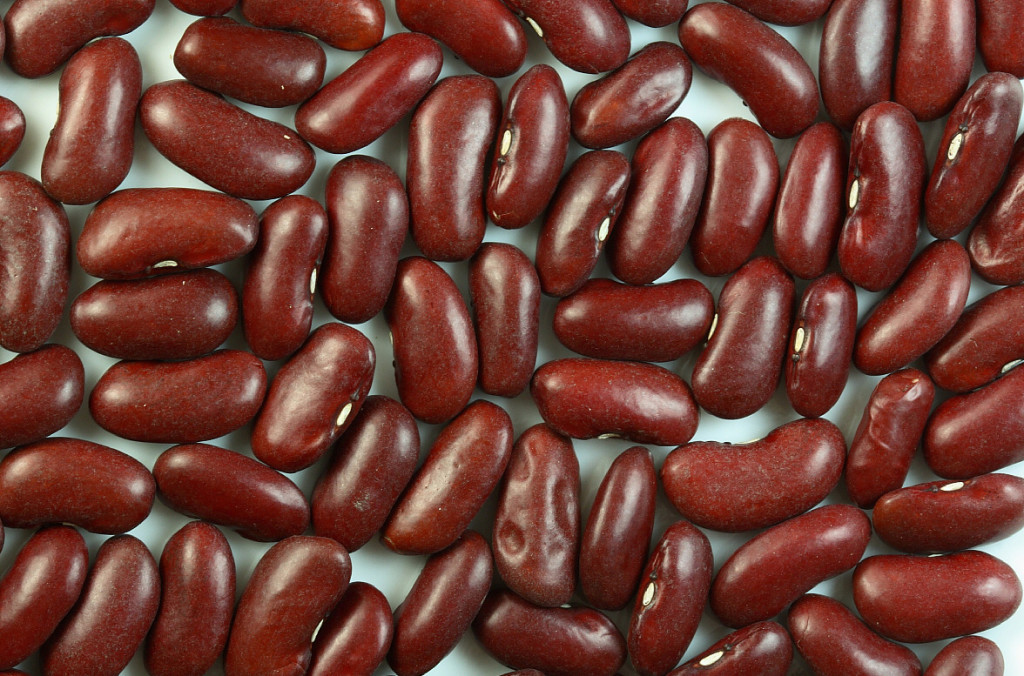Beans offer more than you can imagine
By Aidan Mouellic, Staff Writer
Beans have a bad rap. They are perhaps the most stigmatized food item out there, aside from durian. But why do beans have an image problem? Is it because beans are the main staple for homeless, babbling goofballs in films, or is it because beans apparently cause horrible gas once consumed? It doesn’t matter; all that does is that beans are the most overlooked food staple out there, despite being food royalty.
For starters, beans—which are members of the legume family—are inexpensive. At Galloway’s Specialty Foods in New Westminster you can get 500 grams of dry bagged beans for about $4.
Aside from the economic aspect of bean consumption, the food staple is extremely nutrient dense. Beans are high in protein, high in fibre, and chock-full of antioxidants, which help prevent heart disease, cancer, and signs of ageing.
Part of the negative portrayal of beans in the media originates from the link between beans and flatulence. Beans can cause farting in people due to the tough fibre within the beans, which our bodies need to work hard to digest. For me, I never have gas issues after consuming beans. I feel as if the link between farting and beans has been grossly overstated, but if one does find that it’s a problem for them, then there are solutions.
One method of helping bean digestion is to soak beans overnight before cooking them; this helps soften up fibres in the legumes. Another method is to build up your bean tolerance. Start by eating smaller quantities, and then build up towards more substantial bean portions. If all else fails, you can purchase Beano, which is an over-the-counter medication that helps individuals digest fibre and prevent flatulence. You can find Beano at any major supermarket pharmacy.
Today diabetes and high cholesterol are on the rise, and our collective diets (high in processed meats and carbohydrates) have left our bellies fat and created poor health in many of us. Beans are here to help! A study from 2012 suggested that a diet high in legumes is able to keep blood sugar levels constant and also lower the risk of coronary heart disease in patients with Type 2 diabetes. A high legume intake can also help people lose weight if they’ve relied heavily on grains as a source of fibre and protein. The British Journal of Nutrition even dedicated a whole issue to beans because they wanted the world to know how nutritious beans are.
It’s time that the humble and stigmatized legumes break into the mainstream and become an accepted and loved food staple. The potential side effects are minor and worth risking to gain the benefits of the bean. Whether you prefer black beans, kidney beans, lima beans, or navy beans, the mighty legume is the ultimate food item if you are hoping to become healthier, wealthier (from grocery savings), and happier.

